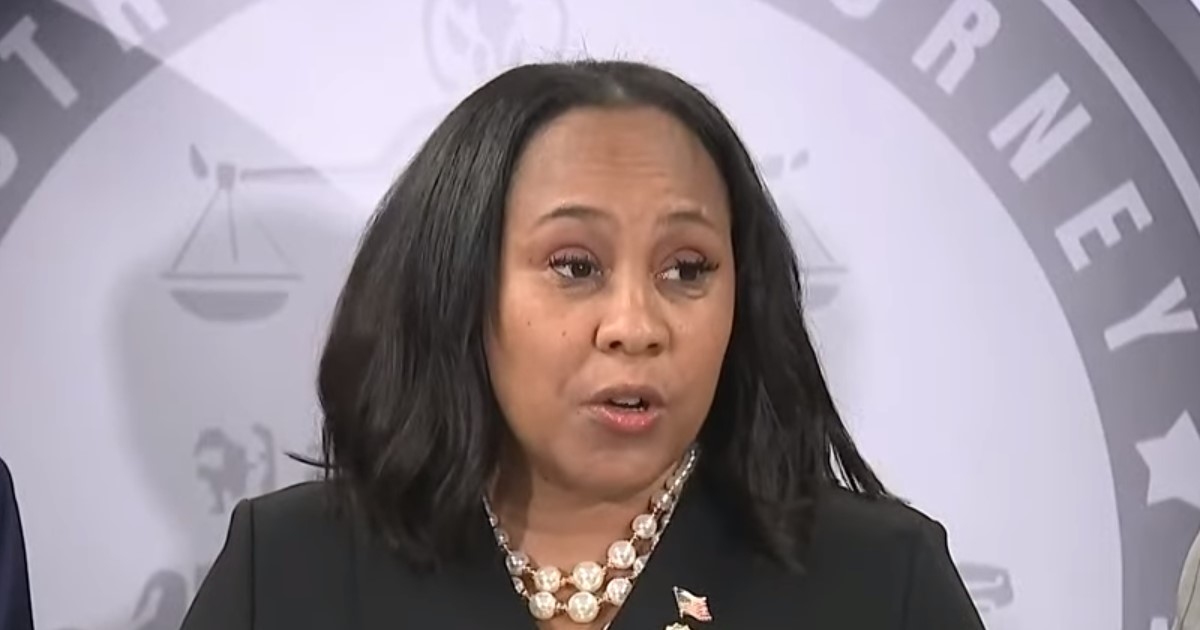IRS reverses itself, now recalling some 'critical' workers who accepted deferred resignation offers
During the first few months of the new Trump administration, there was a government-wide effort to substantially reduce the size of the federal workforce, including through the deferred resignation program, which allowed employees to immediately stop working but continue to draw salaries and benefits until their resignations became official at the end of the fiscal year in September.
That offer was perhaps more popular than anticipated, at least for Internal Revenue Service employees, as the IRS is now attempting to rescind and reverse the deferred resignations of hundreds of employees, according to the Federal News Network.
The problem, per unnamed sources and a leaked email, is that the agency "let too many people go" initially and is now scrambling to "fill critical vacancies" ahead of the next tax season.
Some resigned workers are being recalled
According to a recent internal email obtained by the FNN, two senior IRS officials wrote in an agency-wide message, "IRS has identified areas where staffing reductions created a potential gap in mission-critical expertise. As a result, IRS will utilize all available tools -- including details, reassignments, DRP/TDRP receissions, external hiring -- to identify resources to fulfill the mission-critical skill sets."
That email follows a recent IRS watchdog report, which noted that more than 25% of the agency's employees had been lost in the initial workforce reduction rounds, which could present problems in the next tax-filing season.
An unnamed IRS employee told the outlet that they'd recently been informed by management that the IRS had "let too many people go," and now planned on bringing back upwards of 400 agents and 300 officers who'd accepted the deferred resignation offer.
"They will begin agency-initiated DRP recissions for mission-critical occupations, where they reach out and offer the employee a chance to return," the anonymous source said, but noted that it was up to the IRS to decide who would be asked to return and that "employee-initiated DRP recissions are not being entertained."
Planned layoffs also cancelled
Axios reported similarly and noted that, in addition to rescinding the deferred resignations of select "critical" employees, the IRS had also halted some planned layoffs and firings that were set to occur, as well as that funding was made available to hire new workers to fulfill customer service needs.
An unnamed Treasury Department spokesperson told the outlet that, "We are committed to ensuring the agency is staffed appropriately to serve the American people effectively and efficiently."
Axios further pointed out that this situation at the IRS mirrors what has occurred to some extent in other federal departments and agencies, where it has been realized that too many workers were cut loose too soon, resulting in various rounds of rehirings, cancelled reduction plans, and even new job postings in some instances.
Initial workforce cuts were perhaps too ambitious
In April, CNBC reported that the White House had initially estimated that approximately 10% of the IRS workforce would accept the deferred resignation program offer, but in actuality, more than 20% had signed up for it at that time, or about 20,000 workers, which ironically was "approximately the same" as the number added under former President Joe Biden that upped the total workforce to just over 100,000.
"The rollback of wasteful Biden-era hiring surges, and consolidation of critical support functions are vital to improve both efficiency and quality of service," a Treasury Department spokesperson said at the time. "The Secretary is committed to ensuring that efficiency is realized while providing the collections, privacy, and customer service the American people deserve."
Notably, according to a separate report from the FNN in April, that 20% reduction was only about half of what the IRS hoped to ultimately achieve, as a leaked internal memo outlined plans to cut the workforce by as much as 40% over the course of the year, dropping the total number to somewhere between 60,000 to 70,000 employees.
As IRS management and officials now apparently realize, however, that reduction-in-force plan, or at least its accelerated timeline, may have been a bit overly ambitious, and at least some of those employees remain necessary to continue to provide effective and efficient services to American taxpayers.






